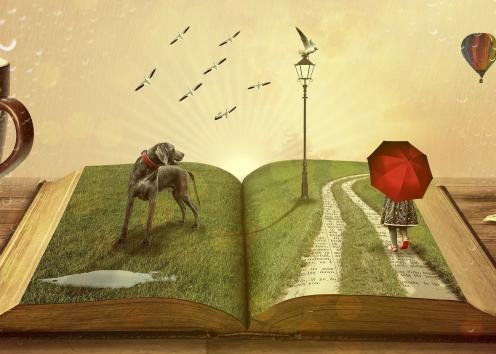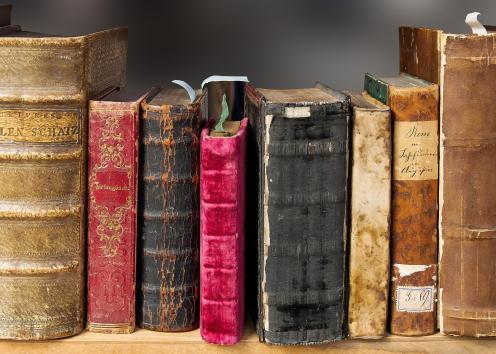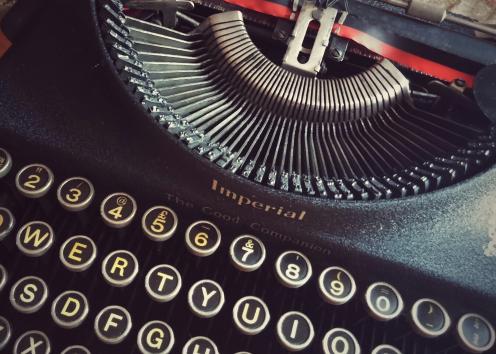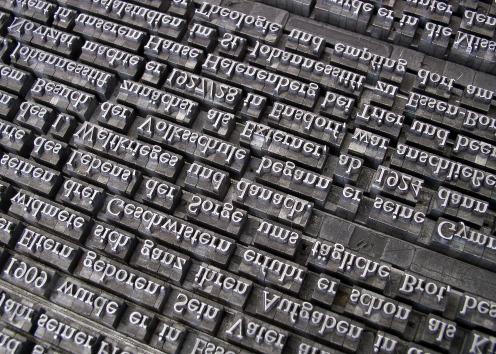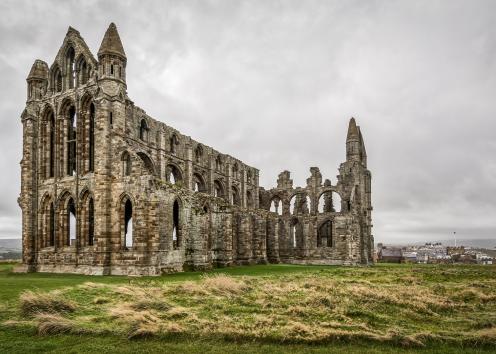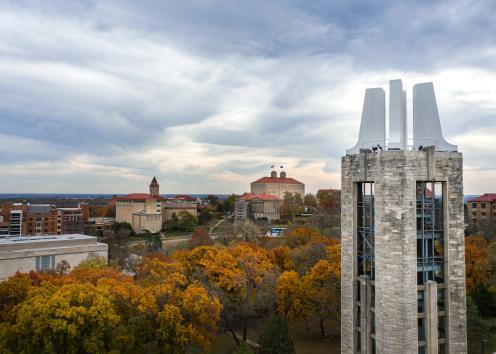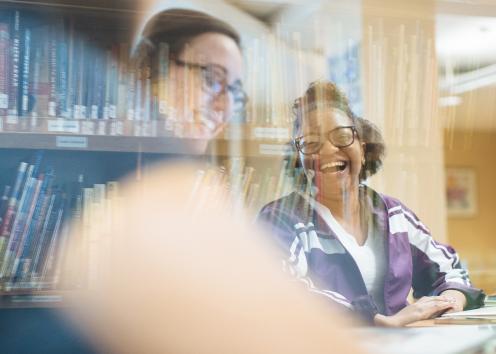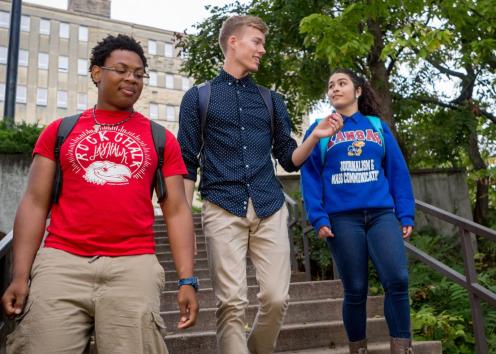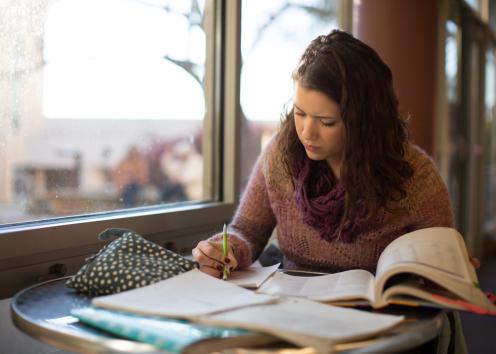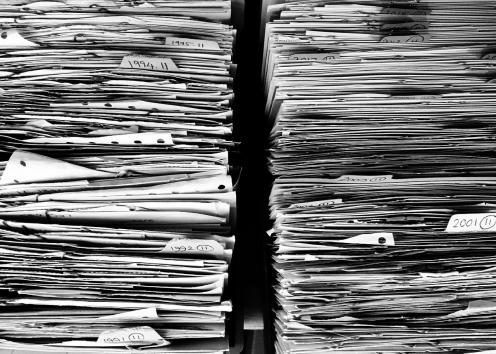Creative Writing Courses Spring 2026
ENGL 220: Introduction to Creative Writing
Instructor: Kevin Mulligan
51497 | TuTh 11:00 AM-12:15 PM | Fraser 223
52801 | TuTh 2:00-3:15 PM | Fraser 223
In this course, students will study the practices of creative writing in three genres: short fiction, creative nonfiction, and poetry. Through rigorous inquiry, discussion, and creative experimentation, students will gain a strong understanding of each genre’s conventions, strategies, and contexts--and then will put that knowledge into practice to produce original writing. Writing assignments in the course will be split between critical work, which analyzes the technique and function of various creative pieces and allows students to read creative works as potential models or sites of learning opportunities, and creative work, which allows students to develop their own creative philosophy as it applies to each genre they work within. In lieu of a final exam, students will submit a portfolio of their revised work, along with a short reflection paper.
Instructor: Alex Crayon
52810 | MW 2:00-3:15 PM | Fraser 222
52811 | MW 3:30-4:45 PM | Fraser 222
In this course, we will read and write in two genres: short fiction and poetry. We will read like writers do, building a strong understanding of genre conventions, elements of craft, technique, and artistic practices. Writing assignments will scaffold the creative process through exercises and experimentation, from generating truly original ideas to developing drafts. At the end of each unit, students will participate in writing workshops, fostering a spirit of transformative care to facilitate attentive, generous critique. Students will end the course with a radical revision of their most promising work.

ENGL 351: Fiction Writing I
Instructor: Adam Desnoyers
50225 | TuTh 9:30-10:45 AM | Wescoe 4019
If you have had a life-long interest in writing fiction then this is the course for you. By studying short stories from established writers, students will learn to read “like a writer” and recognize how narrative is constructed. We will study how characters are created and are made sympathetic (or less than sympathetic) by their actions, their words, and their histories. Students will learn how to write scenes, craft dialogue, build conflict, and otherwise learn how to tell a story, which is a skill that has benefit in every field. Students will produce two short stories over the course of the semester. A class period will be allotted to each story you produce, in which you will receive feedback from all of your peers. You will have an opportunity to rewrite these stories based on that feedback before finally presenting them in your final portfolio for the semester.
Instructor: J Valencia-Cheng
51498| TuTh 11:00 AM-12:15 PM | Wescoe 4021
52812 | TuTh 2:00-3:15PM | Wescoe 4021
Instructor: Colleen Morrissey
50224 | MW 3:30-4:45 PM | Wescoe 4019
In this course, we will explore the timeless and universal craft of storytelling. Through studying published fiction and creating our own, we will experiment with the techniques that make a story compelling, meaningful, and artful. We will discuss what makes for successful plot (or anti-plot), character, conflict, voice, setting, and more. Students will compose their own fiction and practice giving and receiving constructive feedback through small-group and whole-class workshopping. Students will also practice the essential skill of revision.
Instructor: Brian Daldroph
44882 | M 5:30-8:20 PM | Regnier 354 (Edwards)
We'll study the basic elements of short story writing,
including characterization, narrative development and
dialogue. Most of the classes we will be workshopping
student-written fiction. Students must complete several
introductory exercises and three short stories, or the
equivalent, perhaps three chapters of a novel. No
textbook. Readings on Canvas and handouts. Meets
with ENGL 551.

ENGL 352: Poetry Writing I
Instructor: Landon McGee
50227 | MW 2:00-3:15 PM | Fraser 225
This class will include plenty of reading from poets like Lucille Clifton, W.S. Merwin, June Jordan, Sharon Olds, Li-Young Lee, Chris Abani, Naomi Shihab Nye, Aracelis Girmay, Kaveh Akbar, and Ross Gay; even so our primary focus will be writing and revising poems. Through workshop and discussion, students will grow their knowledge of the craft of poetry, develop a sustainable writing practice, and learn to give and receive feedback with care and generosity.

ENGL 354: Playwriting I
Instructor: Darren Canady
55804 | TuTh 12:30-1:45 PM | Wescoe 4019

ENGL 355: Nonfiction Writing I
Instructor: Doug Crawford-Parker
50228 | TuTh 11:00 AM-12:15 PM | Fraser 225
When you hear the word “essay,” what comes to mind? School assignments? Five paragraphs? Exams? In this class, we will study and write a very different kind of essay: the essay as a form of literature where writers artfully enact their engagement with the world and with themselves. Our emphasis will be on the art and craft of the personal essay. We will read numerous essays to get a better handle on this often-slippery form. We will spend some time sharpening our sentence style, the material essays are made out of. And we will write essays and read each other’s work. The class employs a workshop format where each student reads and comments on the work of everyone else in the class and receives feedback from everyone else in the class. The workshop format of the course demands a high level of student participation, both in degree and quality.
Students will be required to write one short essay and two longer essays, keep a journal, do a presentation, and revise their work for an end of semester portfolio, in addition to reading numerous essays and other assignments. A willingness to read seriously, write, offer feedback, accept feedback, and enjoy oneself is essential for the course.

ENGL 551: Fiction Writing II
Instructor: Adam Desnoyers
52851 | TuTh 11:00 AM-12:15 PM | Wescoe 4019
51609 | TuTh 2:00-3:15 PM | Wescoe 4019
This course is an intensive exploration of the ideas and
techniques of fiction writing within the form of the
short story, with primary emphasis on the careful
analysis and discussion of student works-in-progress.
We will read a variety of published stories each week
and discuss narrative structure and style, imagery and
metaphor, use of scene and exposition, dialogue, and
the various points of view. Requirements: Students will
attend class regularly and participate actively in
discussion. They will produce three short stories of
their own during the semester, which they will submit
to the class to be workshopped. They will also provide
critiques for their peers’ stories as these are
workshopped. Lastly, students will revise their own
stories for inclusion in their final portfolio.
Instructor: Silvia Park
55811 | M 7:00-9:00 PM | Wescoe 4019
Instructor: Brian Daldorph
44883 | M 5:30-8:20 PM | Regnier 152 (Edwards)
We'll study the basic elements of short story writing,
including characterization, narrative development and
dialogue. Most of the classes we will be workshopping
student-written fiction. Students will be expected to
complete several introductory exercises and three short
stories, or the equivalent, perhaps three chapters of a
novel. 551 students will be required to complete several
extra requirements. No textbook. Readings on Canvas
and handouts. Meets with ENGL 351

ENGL 552: Poetry Writing II
Instructor: Meagen Youngdahl
55812 | TuTh 12:30-1:45 PM | Fraser 113
This course will build upon lessons in craft and poetics from Poetry I with the goal of helping each student to further explore and shape their particular style and approach to poetry writing. We will do this through an abundance of reading, writing, discussion, workshopping, and revision, as well as frequent generative writing exercises. Students will also be asked to familiarize themselves with the local poetry community (on campus and off) by attending readings and other poetry-centered events. By the end of the course, each student will have produced a chapbook-length collection (20-30 pages) of writing organized around a central theme, idea, or experience, as well as a self-reflection paper discussing how their work might fit into (and add to) the broader poetry landscape.

ENGL 555: Nonfiction Writing II: Advanced Workshop in the Essay
Instructor: Doug Crawford-Parker
44889 | TuTh 9:30-10:45 AM | Fraser 225
English 555 is a creative writing workshop focused on continuing students’ development as essayists to expand their ability in the genre’s myriad possibilities of both form and content. The course focuses on student work through the peer review workshop, but we also read outside to understand better some of the potential, possibilities, and pitfalls of the essay form. Students write three essays and contribute regular critiques of one another’s work. One essay is then revisited at semester’s end as part of a larger revision project. Students are required to take part in a group reading of their own work and do several shorter presentations. The workshop format of the course demands a high level of student participation, both in degree and quality. Students can expect to be challenged intellectually and creatively in producing new and original writing and engaging with their fellow students to think about the process of writing as essayists.


